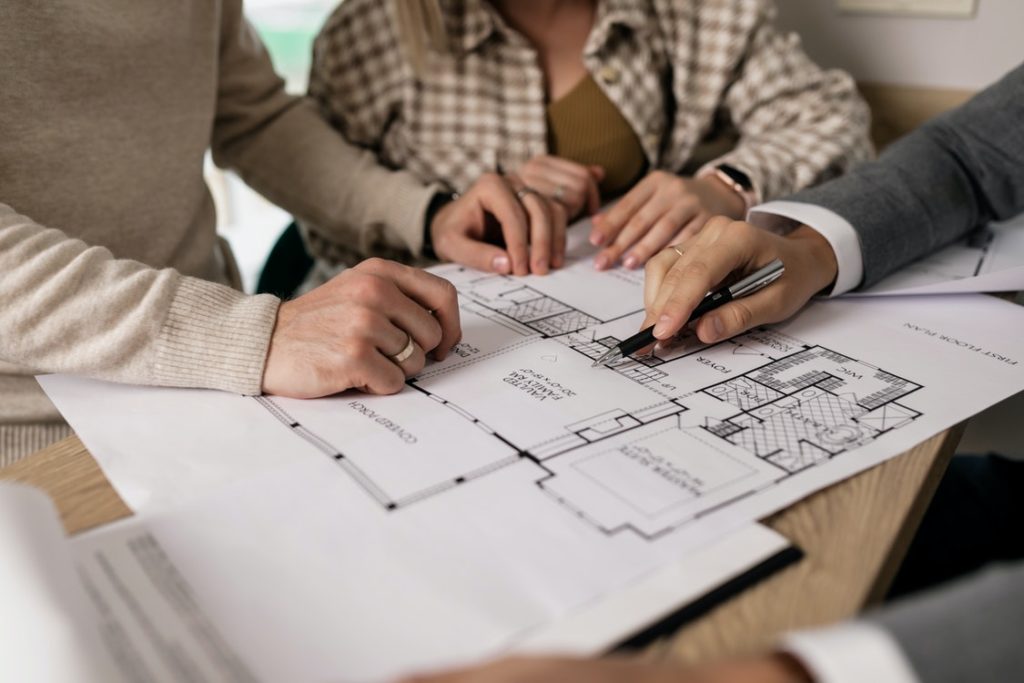
According to Landmark Building Inspections, pre-purchase building inspections are vital for a number of reasons. Not only do they prevent a potentially life-threatening situation, but they also help you negotiate a price and determine if hidden defects are present. In addition, they can help you predict the amount of maintenance and repairs required to keep a building in good condition. And, they can even predict whether a property is worth buying or renting. Failure to detect issues early on can seriously affect your budget and your ability to run your business.
Avoids Life-threating Situations
Having a pre-purchase building inspection is an important part of due diligence. Leaky buildings are the most common problem with monolithic claddings, but even weatherboard and brick houses can suffer from leaks. Inexperienced inspectors may follow the Inspection Standard without using observation to guide the inspection. In addition to standard home inspections, some inspectors also carry a thermal imaging camera to investigate weather tightness. Modern thermal imaging cameras are incredibly accurate, showing minute variations in temperature within a wall. The causes of such changes include thermal bridging, airflow, and untreated timber.
A pre-purchase building inspection will uncover hidden repair problems and provide you with a budget for the repairs. This will save you money on renovations later and can help you avoid potentially life-threatening situations. Having a pre-purchase building inspection performed before buying a home will help you avoid the most costly and dangerous financial mistake of your life! While you may be able to save a few hundred dollars by opting out of a pre-purchase building inspection, you should make sure to have one before you buy. Having a building inspected before buying it will help ensure its safety and compliance with council regulations.
Electrical issues are another key issue that must be addressed during a pre-purchase building inspection. If there is any problem with the electrical wiring, there could be a significant risk of fire or electrocution. There may also be a lack of smoke alarms. A building inspection can help you avoid serious injuries by finding electrical wiring problems and other safety issues. If the building has asbestos, it will be revealed in the inspection, as will dangerous materials like lead and asbestos. Additionally, a pre-purchase building inspection can reveal other potentially hazardous areas of a home. Some building problems that may not be apparent at first glance include cracks in walls and missing balustrades.
Common problems are not always obvious and may be overlooked by the average buyer. In some cases, minor problems may turn into life-threatening issues. In such cases, you can hire a professional to conduct a thorough pre-purchase building inspection. Performing a pre-purchase building inspection can help you avoid major structural problems before you buy the property. This way, you will have peace of mind and won’t have to deal with the hassle of repairing major structural issues.
A home’s roof is one of the most important components of a house. A well-built roof is highly durable and protects the home from the elements. Unfortunately, even the best roof will eventually degrade over time. A pre-purchase building inspection can detect underlying roofing problems and fix them before they become significant and costly. A good inspection will also alert you to any other issues with the building before they become more noticeable.
They Help Negotiate a Price

When it comes to negotiation, having a building inspection done is a crucial step. A thorough inspection of a property can help you to understand the state of the house. Minor issues, such as storm water drainage, can be remedied with a simple paint job or patch, while more severe damage may require extensive restoration. The report from your inspection will be a vital tool in negotiating with the seller. Here are a few ways to make your building inspection report an invaluable tool.
A building inspection is essential for assessing whether or not the home is habitable. A building inspection will check for the legal habitability of bedrooms. Other aspects of a building inspection include size, ceiling height, and windows. A room that lacks one of these criteria may result in a price reduction. During a building inspection, the inspector can identify any issues with the property and recommend remedies. If a building inspection reveals an issue with the building’s structure, a buyer may be able to ask the seller to correct it before closing.
A building inspection is the most important negotiation tool in your arsenal. An inspection report can force sellers to renegotiate the price if they find a major flaw. The best way to get rid of a building’s major problems is to invest in a quality, class-leading building inspection. Real estate agents can become nervous if you hire a ‘half-hearted’ inspector. Such a report is easily disputed and can give the seller an upper hand in negotiations.
A building inspection will also give you peace of mind. When buying a home, savvy investors want to spend their money wisely. However, purchasing a house involves many expenses, from the actual house price to pay for essentials such as insurance and renovations. For example, a building inspection will cost several hundred dollars. If the inspection is positive, it may result in a lower price. So, before you purchase your home, don’t ignore the inspection.
They Help You Avoid Hidden Defects
If you’re looking to buy a house, you shouldn’t skip the pre-purchase inspection. Hidden defects are those that aren’t obvious at first glance. A visual assessment can’t uncover them, and they could cost you thousands of dollars. In these cases, you need the services of a building inspector to make sure that you’re not wasting your money on a defective home. Here are some examples of hidden defects and how a building inspection can help you avoid them.
Building inspectors know the ins and outs of every structure, so they can spot potential problems easily. They’re trained to notice air, water, and plumbing leaks. Their thorough reports can help you stay on top of repairs and problems before they cause major problems. Having an inspection performed prior to moving in can save you from serious financial problems in the future. To avoid hidden defects, have your inspector walk you through the property and answer any questions you might have.
A building inspection can also help you negotiate. This inspection can help you negotiate the final selling price or any other related costs. However, as the real estate market becomes more competitive, the bargaining value of a building inspection diminishes. That is why a building inspection is essential for every home buyer or seller. Not only can you avoid potential financial and safety risks, but you can also make a better deal on the price of your property by knowing the condition of the structure.
A building inspector can also alert you to problems you may not otherwise notice. Hidden defects can be very difficult to spot unless you know the proper way to look at the building. The inspector will be able to point out any problems that might require immediate repairs or replacement. If a building inspector finds a major problem, you can negotiate with the seller. You could also negotiate for remediation work before the transfer of the property title.
